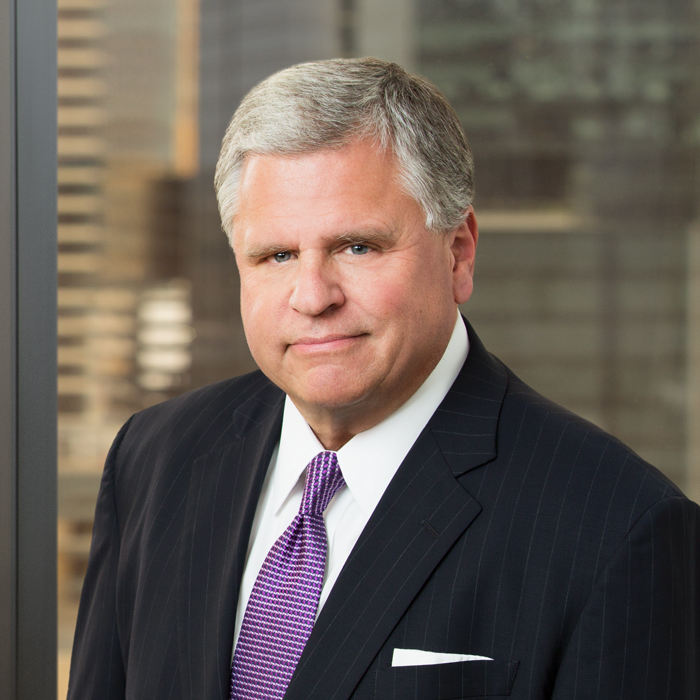By Stacy Allen
In the latest of a series of recent First Amendment decisions revealing what has been called the Roberts Court’s “robustly libertarian” approach to protecting free speech, the United States Supreme Court yesterday held 8-1 that “hurtful” placards carried by a church group while picketing the funeral of a U.S. Marine killed in Iraq were protected speech which is immunized from liability for intentional tort claims under state law.
In Snyder v. Phelps, 562 U.S. ___ (2011), the founder and six parishioners of the Westboro Baptist Church (“Westboro”), who believe “that God hates and punishes the United States for its tolerance of homosexuality, particularly in America’s military,” picketed the Catholic church funeral of Marine Lance Corporal Matthew Snyder, who was killed in action in Iraq. The picketers carried signs reading “God Hates the USA/Thank God for 9/11,” “America is Doomed,” “Don’t Pray for the USA,” “Thank God for IEDs,” “Thank God for Dead Soldiers,” “Pope in Hell,” “Priests Rape Boys,” “God Hates Fags,” “You’re Going to Hell,” and “God Hates You,” among others. It was the latest of nearly 600 funerals picketed by the church group.
Petitioner (the deceased Marine’s father) sued for intentional infliction of emotional distress and intrusion of seclusion under Maryland tort law. The jury found for Snyder and awarded $2.9 million in compensatory damages and $8 million in punitive damages against Westboro. The district court remitted the punitive damages award to $2.1 million but left the compensatory damages award intact. On appeal, the U.S. Court of Appeals for the Fourth Circuit found that the district court erred in declining to award judgment for Westboro as a matter of law because the First Amendment fully protected Westboro’s speech.
In a majority opinion authored by Chief Justice Roberts himself, the Supreme Court affirmed the Fourth Circuit decision in Westboro’s favor. Noting that the First Amendment can serve as a defense in state court suits and that the case turned largely on whether the speech in question was of public or private concern, the Court began by quoting its earlier holdings that speech on matters of public concern is “at the heart of the First Amendment protection” and “occupies the highest rung of the hierarchy of First Amendment values, and is entitled to special protection.” Speech deals with matters of public concern when it relates “to any matter of political, social, or other concern to the community” or when it is “a subject of legitimate news interest”; that the speech is arguably “inappropriate or controversial” is irrelevant.
Examining the content, form and context of the picketers’ signs, the Court found them to relate to matters of public concern. “While these messages may fall short of refined social or political commentary, the issues they highlight — the political and moral conduct of the United States and its citizens, the fate of our Nation, homosexuality in the military, and scandals involving the Catholic clergy — are matters of public import.” While conceding that the views expressed were “particularly hurtful to many, especially to Matthew’s father,” and that “the legal term — ’emotional distress’ — fails to capture fully the anguish Westboro’s choice added to Mr. Snyder’s already incalculable grief,” the Roberts majority nonetheless held that “speech cannot be restricted simply because it is upsetting or arouses contempt.”
Indeed, the Court was particularly troubled that permitting a jury to impose tort liability by a finding that Westboro’s picketing was “outrageous” could trump the First Amendment by application of a “highly malleable” and subjective standard which invites jurors to measure the speech at issue against their own “tastes or views” or “dislike” for the content. That the picketers chose the Snyder funeral as their venue “to increase publicity” for their views “cannot by itself transform the nature of Westboro’s speech.”
Stating that its holding is “narrow,” it is clear that the Snyder Court was influenced by the unique facts presented which it found to be ameliorating:
Simply put, the church members had the right to be where they were. Westboro alerted local authorities to its funeral protest and fully complied with police guidance on where the picketing could be staged. The picketing was conducted under police supervision some 1,000 feet from the church, out of sight of those at the church. The protest was not unruly; there was no shouting, profanity, or violence …. [a]nd there is no indication that the picketing in any way interfered with the funeral service itself.
In closing, Chief Justice Roberts again addressed the hurtful nature of the speech at issue:
Speech is powerful. It can stir people to action, move them to tears of both joy and sorrow, and — as it did here — inflict great pain. On the facts before us, we cannot react to that pain by punishing the speaker. As a Nation we have chosen a different course — to protect even hurtful speech on public issues to ensure that we do not stifle public debate.
Significantly, the Court expressly declined to reach the constitutionality of a Maryland statute restricting funeral picketing which was enacted after the funeral in Snyder, noting that to the extent such laws are content neutral, “they raise very different questions from the tort verdict at issue in this case.”
The opinions expressed are those of the authors and do not necessarily reflect the views of the firm, its clients, or any of its or their respective affiliates. This article is for informational purposes only and does not constitute legal advice. For questions, please contact Stacy Allen or a member of the Media Law practice.
